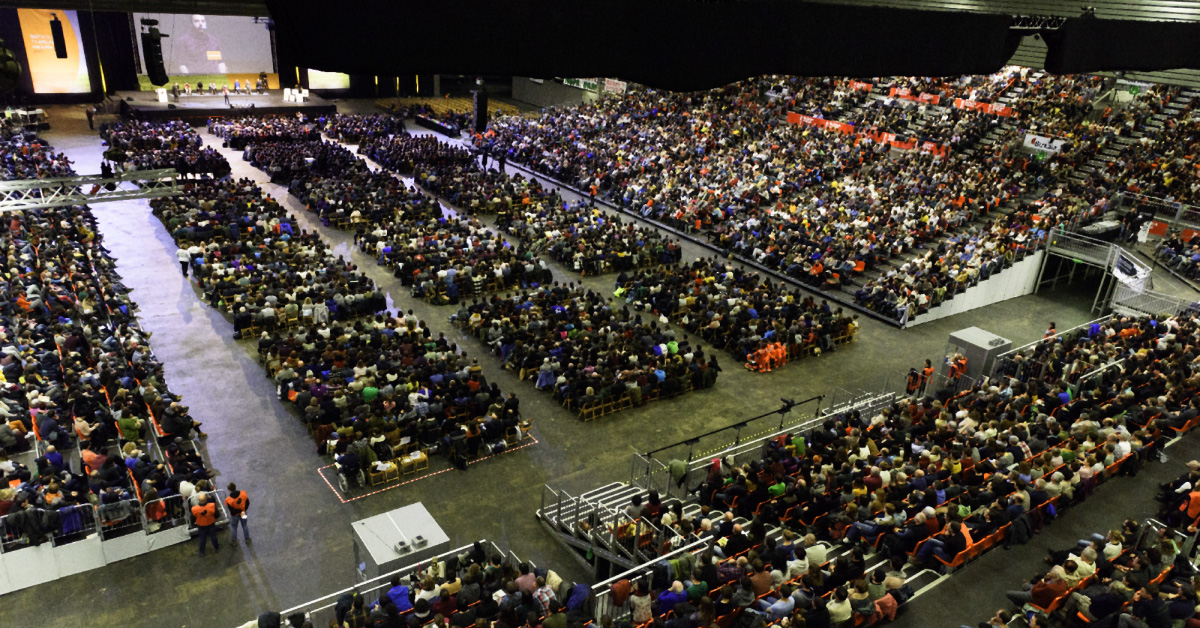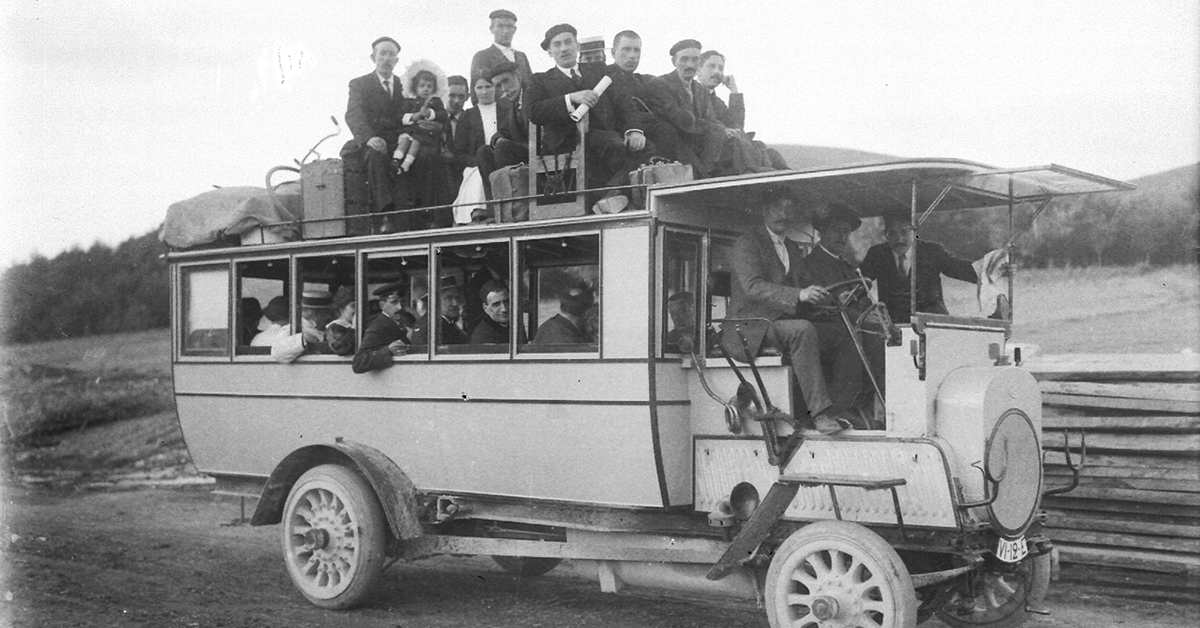Archives
Lexicon
We have left the lexicon for the end of this trilogy. The transmission of lexicon is very interesting between languages in contact. Three types of words can be distinguished. Firstly, there would be words that are not in the receiving language and that are taken from the sending language. In this case, certain names of things, ideas or concepts that did not exist in Spanish were taken from Basque, sometimes with phonological-phonetic adaptations, for example, calderapeco. You can also use common words due to their high frequency in everyday life. Secondly, some words that already existed in the receiving language are adapted, but not only phonetically, but also morphologically, syntactically or semantically, giving rise to curious hybrids, for example, erderakaso. Thirdly, new words also emerge that do not appear in any dictionary, such as chirene. But enough of words. Let’s go, without going into detail, to get to know some of those words that, although coming from Basque, were already inserted in the Spanish around Bilbao at the end of the 19th century, as well as others that arose from that linguistic relationship between Basque and Spanish. (more…)

Final of the National Bertsolari Championship. Bilbao Exhibition Centre, 2017. Photo credit: Alberto Elosegi. Source: Xenpelar Documentation Centre.
What does the bertso have to catch the public so much? Throughout the world there are several cultures that work with oral improvisation, but none of them has the strength that bertsolaritza has today. Proof of this is the Bertsolaris Championship that is held every four years in the Basque Country –this year it is being held a year late due to the pandemic–. A championship in which, after several play off sessions throughout Euskal Herria, eight bertsolaris usually reach the grand final. These eight improvisers must sing before fourteen thousand listeners more or less, in morning and afternoon performances. Through the media many other listeners follow the act. Experts from all over the world are also approaching a broadcast of this magnitude. But I think the most shocking thing is the almost liturgical silence that occurs before the bertsolaris begin to sing. Those fourteen thousand throats are suddenly silent, completely, to give expression to a single throat. That unique thread of voice, through improvised words in Basque, weaves thousands of hearts in seconds, makes thousands of skins vibrate, moistens thousands of eyes, provokes thousands of laughs… Where is the secret of this magical fact?
Not all languages in the world use exact numbers. The Amazonian cultures Munduruku and Piranhã, for example, are anumeric, that is to say, instead of using words to express exact quantities, they use only general terms to indicate the ideas of ‘a few’ or ‘something’. The basic numbers in many languages are usually 5, 10 and 20, and it does not seem to be a coincidence that this fits with the number of the fingers of one hand, of both, or of the hands and feet.
Most Proto-Indo-European languages use a number system based on 10, called a decimal, such as Spanish. Basque, however, uses a bigesimal system, which has 20 as its base: hogei (20), berrogei (40, twice 20), hirurogei (60, three times 20)… This characteristic is shared, in addition to the French, which uses a mixed system between decimal and vigesimal, with Mayan and Uto-Aztecan languages. It seems that the Celts and Vikings also used a bigesimal system.
In this third post of a three-part series [See The months of the year in Basque (1) and The months of the year in Basque (2)] we place our focus and attention on the last four months of the year.
Irail ‘September’. This is the ‘month or moon of the fern’, from ira ‘fern’ + (h)il ‘month or moon’, also called garoil in some places, from garo, synonym of ira. We have another remarkable and rather controversial name for this month, which is buruil, a diversity of opinions having been generated around it. Curiously enough, its first component buru could mean ‘head or start’ but also ‘finish or end’, and accordingly, some researches, Vinson among others, defend that September would once upon a time have been the first month of the Basque agricultural calendar, whereas others, such as Wagner, Campión or Caro Baroja himself, argue that it would have been the last. In an attempt to come to terms with such divergent interpretations, we shall us paraphrase Caro Baroja: “it is clear that some months would, at first, not correspond exactly to current Latin ones”. (more…)







